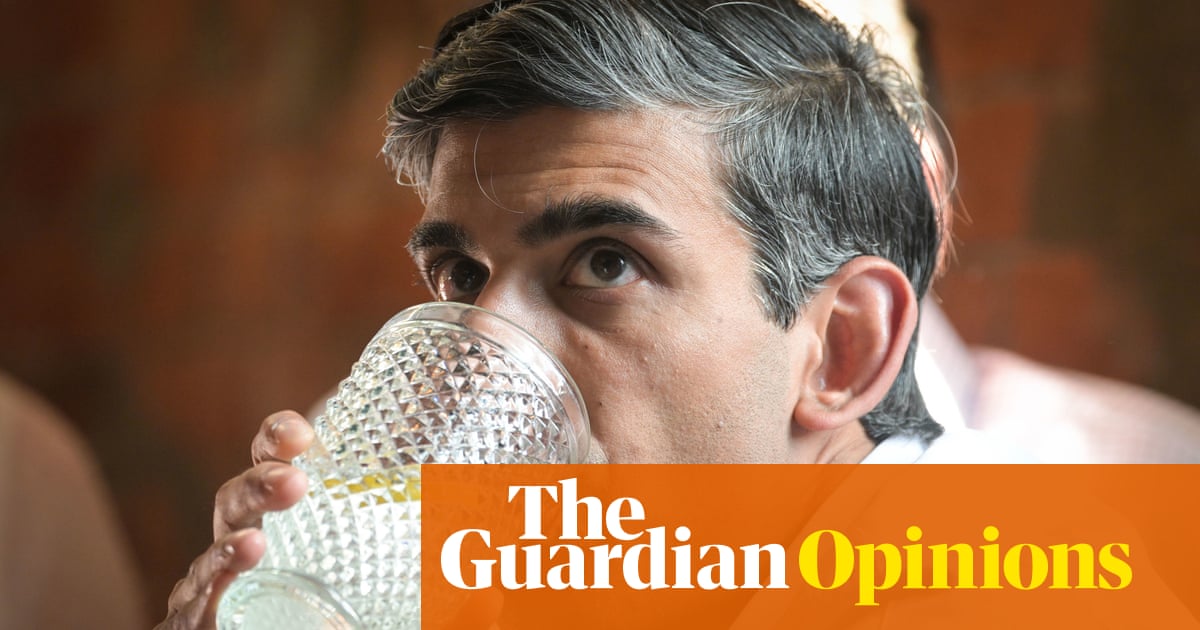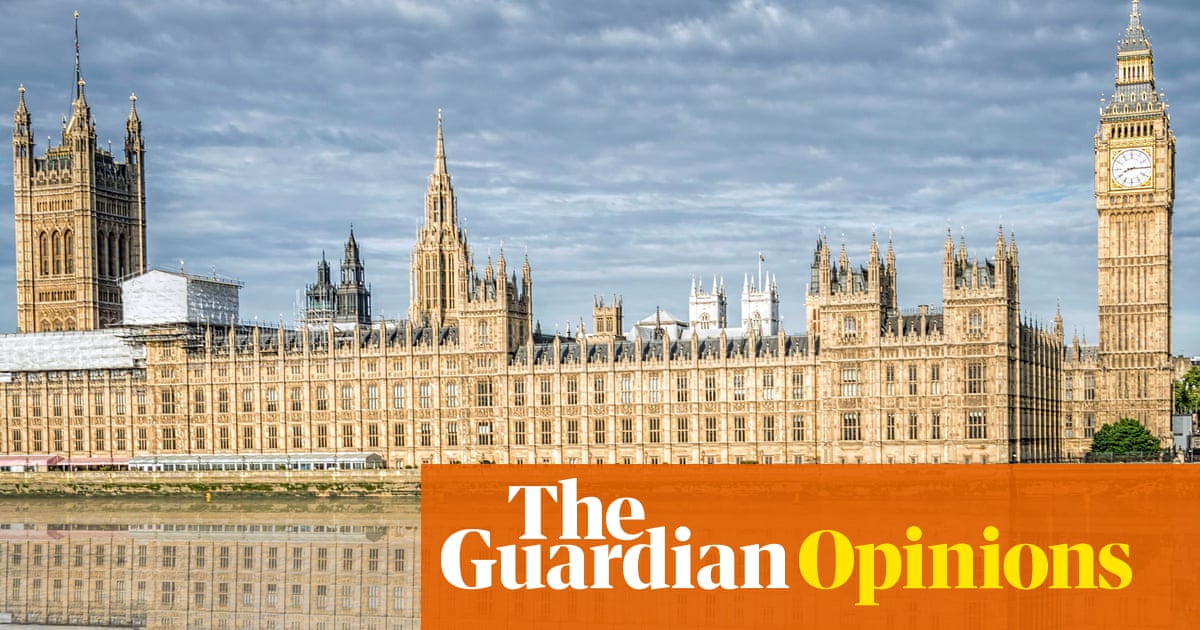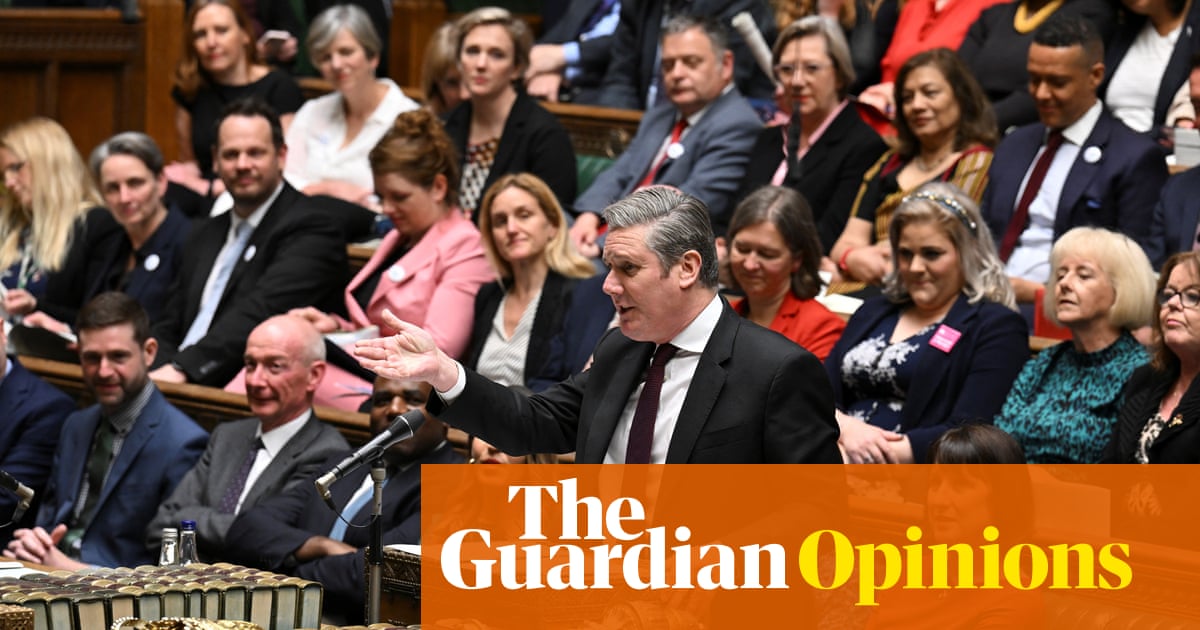
Boris Johnson has urged the public to rely on their “British common sense” as lockdown restrictions are progressively eased over the coming months.
But as estate agents joined nannies and cleaners on the list of workers allowed to enter people’s homes, while friends and family can’t come round for a cup of tea or to visit their grandchildren, questions are being raised about whether the latest rules make any sense, British or otherwise.
One anomaly was highlighted by Kate, the teacher who asked Johnson a question at Monday’s press conference: why was it OK for her to mix with a class full of children when schools reopen on 1 June, but not acceptable to see members of her own family?
The truth is that while they can’t quite bring themselves to say it plainly, ministers are prioritising getting the economy moving again over cheering up those who are lonely and sad after seven weeks’ isolation.
English schools are set to reopen because, as the education secretary, Gavin Williamson, put it on Wednesday, they are “the best place for children to be educated and to learn”, but also so that at least some working parents can increase their productivity by not having to juggle their jobs with home schooling.
It is not hard to discern why. Wednesday’s catastrophic data from the Office for National Statistics suggested a deep recession is brewing and job losses are accelerating, despite the taxpayer subsidising 7.5m workers’ salaries.
Allowing some aspects of economic life to resume may help to limit the longer-term scars inflicted by the overnight shutdown at the end of March – but it does not come without risks.
What the government is having to decide is which risks are worth taking first. And as Torsten Bell, director of the Resolution Foundation, puts it: “In the short term, they’re prioritising the risk that comes with a money payoff, over the risk that comes with an emotional payoff.”
In Monday’s “Plan to Rebuild” document, the government describes its approach as “saving lives, saving livelihoods”.
“The longer the virus affects the economy, the greater the risks of long-term scarring and permanently lower economic activity, with business failures, persistently higher unemployment and lower earnings,” it says, pointing out that many of those worst affected by a prolonged recession would be the young and the low-paid.
But while the government’s roadmap repeatedly makes reference to “fairness”, the risks of the gradual reopening will not be borne evenly.
Stark Office for National Statistics data on which occupations have seen the highest death rates from the virus underlined the fact that low-paid workers have been most at risk – and many more are in the sectors, including construction and manufacturing, now being asked to return, albeit with new safety rules in place.
It hasn’t helped, either, that Johnson bungled the messaging about what would change this this week and when – and urged workers to avoid the crush of public transport, which for many will be impossible.
Despite the unprecedented generosity of the furlough scheme, that may ultimately make it harder to maintain Rishi Sunak’s insistence that “we are all in this together” – a claim last used by a Conservative chancellor when George Osborne was slashing the welfare bill.
The public may have a different understanding of the risks, and a different appetite for accepting them.
The devolved nations certainly appear to, and are continuing to stick to the “stay at home” message – though ministers in Westminster argue that’s understandable, because the outbreak is at different stages in different places.
Even if the focus on the economy may be understandable, the emotional and social cost of the lockdown is intensifying.
A report for Conservative thinktank Onward warned last week of the heavy toll on the nation’s mental health, with the potential for “increased levels of depression, harmful use of alcohol and drugs, as well as self-harm or suicidal behaviour”.
That is one reason it may be hard to maintain consent for nitpicking restrictions about who can meet whom in the park, and in what circumstances, as people increasingly yearn for contact with their loved ones.
Another is that the public may apply the “British common sense” that Johnson is trumpeting, and decide that if the government thinks an encounter with an estate agent is a risk worth taking, it’s fine for their mum to pop round.












